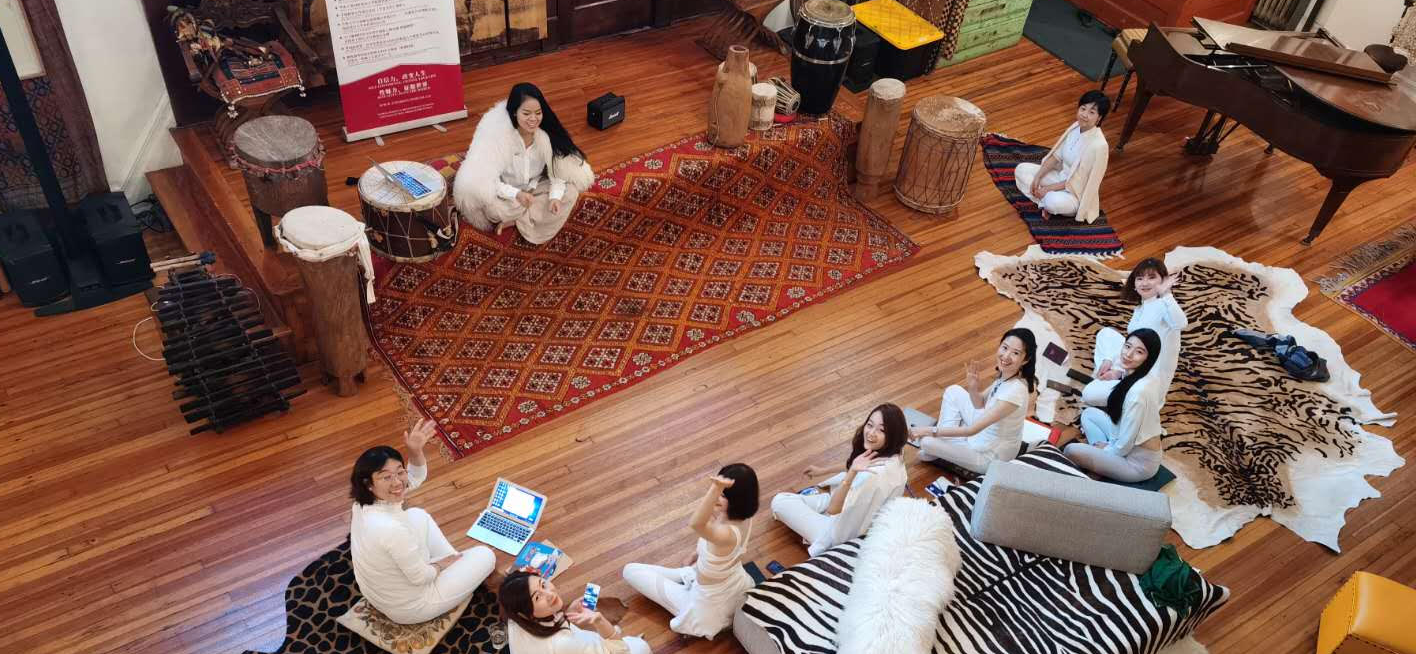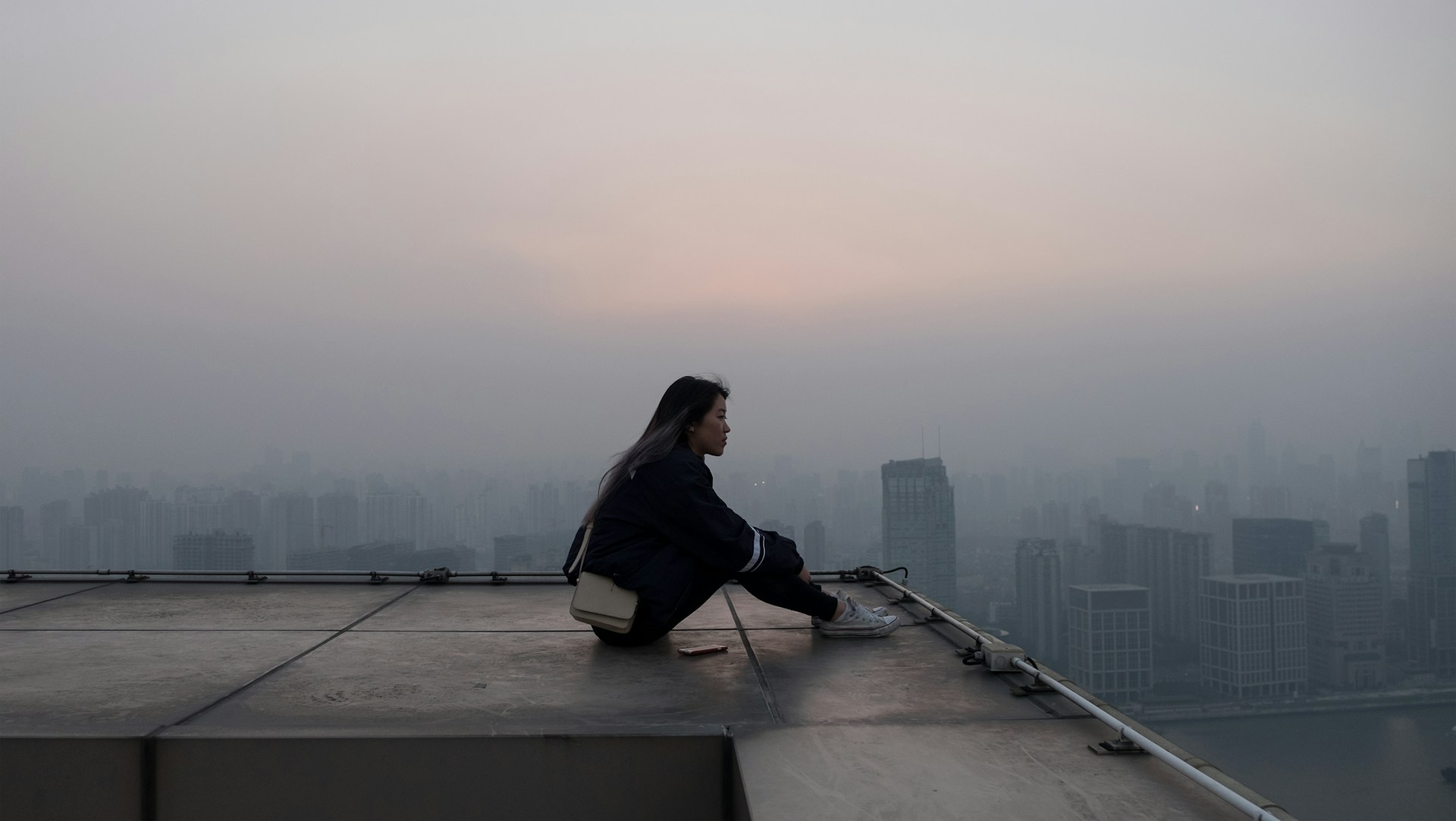The Western order is about to be upended, unless leaders listen to the middle class
This article was originally published on Newsweek by Horasis Chairman Frank-Jürgen Richter.
At the close of 2018, the world found itself in a historical moment eerily reminiscent of other watershed revolutions. As liberals in the US raged against the “one percent” and populist movements gained ground across Europe, Yellow Vest protesters spilled into the streets of France. Some 230 years after France’s lower and middle classes revolted, the beheadings were, this time, only done in effigy.
As it all unfolded, students of history couldn’t help but ponder: Could the Western political and economic order, and those who run it, once more be on the chopping block?
Globalization has left a great portion of Western society feeling forgotten and afraid. Similar to the popular revolutions of 1789 and 1917, a large portion of society feels ignored by a greedy, aloof class of elites.
Something, however, is different this time. As the French protests foreshadow, what we’re facing isn’t some Marxist revolution led by the working-class masses. This time, it is the world’s billion plus, thwarted and angry middle class citizens driving change, potentially bringing all their money, connections, and cultural capital to bear.
If the Yellow Vest movement heralds something to come, the U.S. looks more and more a likely stage for Act Two. Raised on the promise of the American dream and upward mobility, the American middle class has shrunk by nearly 10 percent since 1971. It has become disillusioned—with only 37 percent of Americans expecting their children to be better off financially—as well as more bitter and desperate.
Supporters of Western democracy must ask ourselves how we got here, and what can be done.
First, the cold, hard truths behind middle-class frustration, fear and outrage:

From 1973 to 2017, as the U.S. economy grew and productivity rose by a staggering 77 percent, average compensation grew a mere 12.4 percent. During the last 20 years, the three primary burdens borne by American households—rent, healthcare, and tuition—have risen significantly faster than the median household income.
Meanwhile, wealth and power have become consolidated. Between 1979 and 2013, average incomes for the richest 19 percent rose by 70 percent. For the top 1 percent, income grew by 192 percent.
This compares with 42 percent growth for the bottom 80 percent of households.
Remarkably, Western societies’ upper and upper-middle classes often understand this consolidation as the inevitable result of a meritocracy, of a system that rewards the most deserving. But that hasn’t eased their impulse to enjoy policy that keeps the gates to upper-classdom virtually unscalable. For decades the wealthiest have lobbied for tax breaks for investor sand property owners, perpetuating wealth among the wealthiest.
The result is an exclusive and self-sustaining system that has increasingly favored the richest segments of Western nations, at the expense of the majority.
If the opportunity-hoarding of the wealthiest has helped hollow out the middle class, the rise of big tech and the digital age’s unprecedented advances have accelerated its shrinking.
Somewhere along the way, as digital innovation increasingly captured our attention, the evolution of the tech industry’s capacity to build and guard their monopolies escaped notice. Collecting data on users’ habits enabled tech giants to perfect their products accordingly. And long unchecked by antitrust laws, tech behemoths maximize profits while employing fewer and fewer people—Netflix, for example, with 137 million subscribers, is worth more than Disney, but has only 5,400 employees. Disney employs more than 200,000.
At the same time, the age of automation and artificial intelligence will likely push middle-class workers into lower-income occupations as it replaces jobs involving more complex skills like logic and algebra, while leaving open low-skilled jobs. The promise of further innovation, then, likely promises to fuel middle-class frustration.
To the extent that the capitalist free market ever worked as advertised, it was always dependent upon the popularly shared conviction that it was working. Appeased by a somewhat smaller piece of prosperity, the middle class would be, in theory, impervious to the revolutionary fervor of lower classes.
But things have unfolded contrary to design. From the rise of far-right Italian populists, to the scapegoating behind Brexit and the vote’s pro-European backlash, we are seeing the middle class in crisis, its belief in the system giving way to a sense of impotence and invisibility.
Yet the West’s liberal leaders have failed time and time again to listen, while populists capitalize on the contagion of desperation.
We need leaders who will listen to middle-class grievances and seek out bold reforms, prioritizing affordable education, housing and universal healthcare. Following the bold example of Sen. Elizabeth Warren, they must commit themselves to policing giant tech firms and assisting those who bear the brunt of automation with safety nets and retraining programs.
It is time for leaders to curb the privilege and power of the wealthiest fifth, including their own. They must push for campaign finance reform, as well as a more direct form of democracy where more power is ceded from remote, seemingly unaccountable centralized institutions to the regions and cities themselves. It’s time for a system that restores access to power to the middle class, and the optimism that comes with it.
In confronting challenges both old and new, we’ll need to be level-headed but radical. Otherwise, western societies may just be waiting for the ax to fall.




